REM
Several times a night we enter a phase of sleep termed Rapid Eye Movement (REM). Observing a person during REM sleep shows their eyes to be moving vigorously under the eyelids. If they are woken up in the middle of it, the sleeper will report having been in the middle of a dream. As many dreams are composed of the previous day's events, some scientists argue that this provides evidence that the brain needs sleep to process what we experience during waking hours, and store the events as memories. Whatever role REM sleep has in adults it is most prevalent in the developing foetus, leading some to suggest that its dreams act as a cinema: the brain is kept active to stop it becoming bored, either during sleep or with the relative lack of external stimulation within the uterus. Try proving that one.
Sleep inertia
That's the scientific name for the grogginess felt after waking. One to five minutes of lethargy is usual, and performance may be reduced for about twenty minutes. However it can persist long enough in some people for it to be a real problem. Rory, the apprentice at the garage where I used to work, seemed to have sleep inertia lasting all day...
'Power naps'
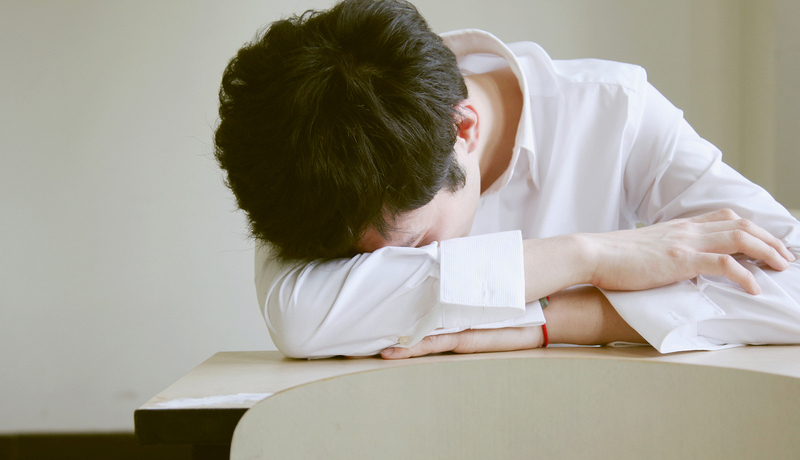
There is good scientific evidence that napping is effective in improving performance and reducing sleepiness, especially if they are taken before long periods of work to protect against feeling tired, rather than when already feeling sleepy. It has been proven that the benefits of a 25 minute nap may be felt for hours afterwards, so the fact that I wasn't allowed to doze for even one second goes some way to explain why I found it so difficult to stay awake for the seventy hours.
The body clock
Light or dark, we still get tired at the appropriate time: there must be an inner clock telling us when to sleep. The clock appears to be hormonal. Many hormones show cyclical changes in concentration during the course of twenty four hours, but the key hormone seems to be melatonin. Its concentration rises in the evening, which makes us feel sleepy; in fact one can take synthetic melatonin as a sleeping tablet. In the morning the concentration falls, helped by light. When the eyes receive strong light (not artificial lighting) melatonin production is depressed via links with the visual system. This effect 'locks us in' to the natural twenty four hour day.
There have been experiments performed where people have been cut off from knowledge of the true passage of time, and denied access to daylight - in one case this was done in a pot-hole. The people still showed a cycle in the hormone levels, but without the daylight to keep it in time, most people's clocks run slow - say a twenty five hour cycle. Consequently, the cave-dwellers gradually got out of step with their friends on the surface, doing everything later and later.
Problems caused by long term sleep loss
Although the occasional sleepless night is normal, long term sleep deprivation can cause a number of health problems and increase the chances of having an accident. For example, the Department for Transport reports that nearly four hundred deaths per year are caused by tired drivers. In fact driving while tired has been shown to be as much of a danger as driving when drunk. My driving certainly got worse following three sleepless days.
Even if you avoid the car, sleep deprivation can lead to poor blood sugar regulation, which will ultimately damage your health, and the moodiness and irritability that go with chronic sleep deprivation can cause problems at work. There is currently much concern about the effect of sleep deprivation on modern mums. 56% of working mothers said weariness left them in a state of despair, 70% said that their tiredness was so debilitating that they felt unable to function properly, most said that sleep deprivation had caused immense strain and rows, while over 70% said that they had gone right off sex. Bummer!
Stress and anxiety
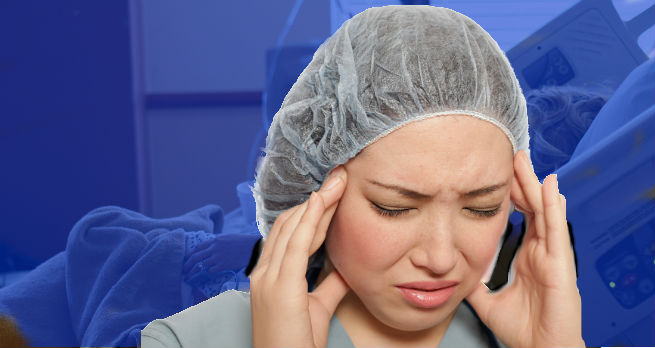
Without enough rest most people suffer a deterioration in their moods. They become irritable and short tempered. Stress and anxiety levels both rise with lack of sleep, and this can lead to a vicious circle: lack of sleep > stress and anxiety > insomnia > lack of sleep > more stress and anxiety, etc. Peter Naish tells me that hypnosis can help to break this nasty cycle. During our Lab Rats programme we checked my level of stress by testing for concentrations of hormones such as Cortisol in my blood. The body produces these to help with 'fight-or-flight' at times of danger. We compared my concentrations with Zeron's. While his stayed more or less the same, my concentrations began to climb.
Memory and mental functioning
The brain needs rest and will not work properly when you don't get enough sleep. Concentration levels drop, the memory becomes impaired, speech becomes slurred and reaction times slow down. On the third day of the sleep programme I really thought that I was driving the car pretty well around the cone course set out around the Millennium dome car park. How wrong could I be? With less and less sleep the brain's ability to solve problems and make decisions fails and hallucinations are common. I once experienced hallucinations after driving for over thirty hours during an international rally. It's not funny and it's not clever. I was lucky not to crash.
Testosterone
We also measured levels of the sex hormone testosterone. It has been shown that sleep deprivation reduces the testosterone levels in the blood. We compared my levels with Zeron's and mine showed a marked decline. Mind you Zeron was only sleeping for about three hours a day, so he wasn't the ideal 'control' and his went down during the filming as well. It didn't decline as much as mine though.
General fitness
Muscle strength and endurance drops, and it gets difficult to perform fine motor functions (for example repairing a clock or operating a calculator). When my physical performance was tested after one, then two nights without sleep I showed a definite decline, allowing Zeron to kick my arse. Thankfully, there wasn't enough time to include this in the finished programme, so I was spared that humiliation!
There is also good evidence that sleep deprivation compromises the immune system resulting in a greater chance than normal of going down with infections.
So how can you stay awake if you really want to, and is it safe?

Coffee is a good way of taking in caffeine. This elevates the blood pressure and raises the levels of stress hormones, creating a scenario where the body acts as if it's under stress. This can help you to stay awake for very short periods, but is harmful to the health if used for extended periods. Red Bull and similar drinks can help you to stay awake in the same way.
For those suffering with narcolepsy a drug called 'Modafinil' can be used to help them remain awake, and there is evidence that this may help those working unusual shifts as well. However, there are real fears that it may be misused (as are many other drugs) by the 24/7 generation. The drug, which has been used to aid the military when alertness and lack of fatigue are desirable, appears to act specifically in the brain's pre-frontal cortex, which is an area of the brain that is most active in people who are awake. Activity in this area of the brain is required for planning and memory. Unlike other stimulants, such as coffee or amphetamines, the drug appears not to give subjects the feeling of being 'wired'. At the moment it is not known if there are long-term side effects, but research is underway.
Of course, there are other drugs that can keep people awake. Many are illegal, such as amphetamines which some people use to help them party all night. It is emerging that one of the side effects may well turn out to be memory loss later in life, so think twice before you use drugs that haven't been through clinical trials; even if they feel good at the time they can have hidden long-term dangers.
The value of sleep
Sleep has evolved with us over millions of years and is clearly essential for our survival. Sleep is one the most basic things we do and science has learnt a great deal about it, but it continues to throw up fascinating questions that science has yet to fully explore and understand.
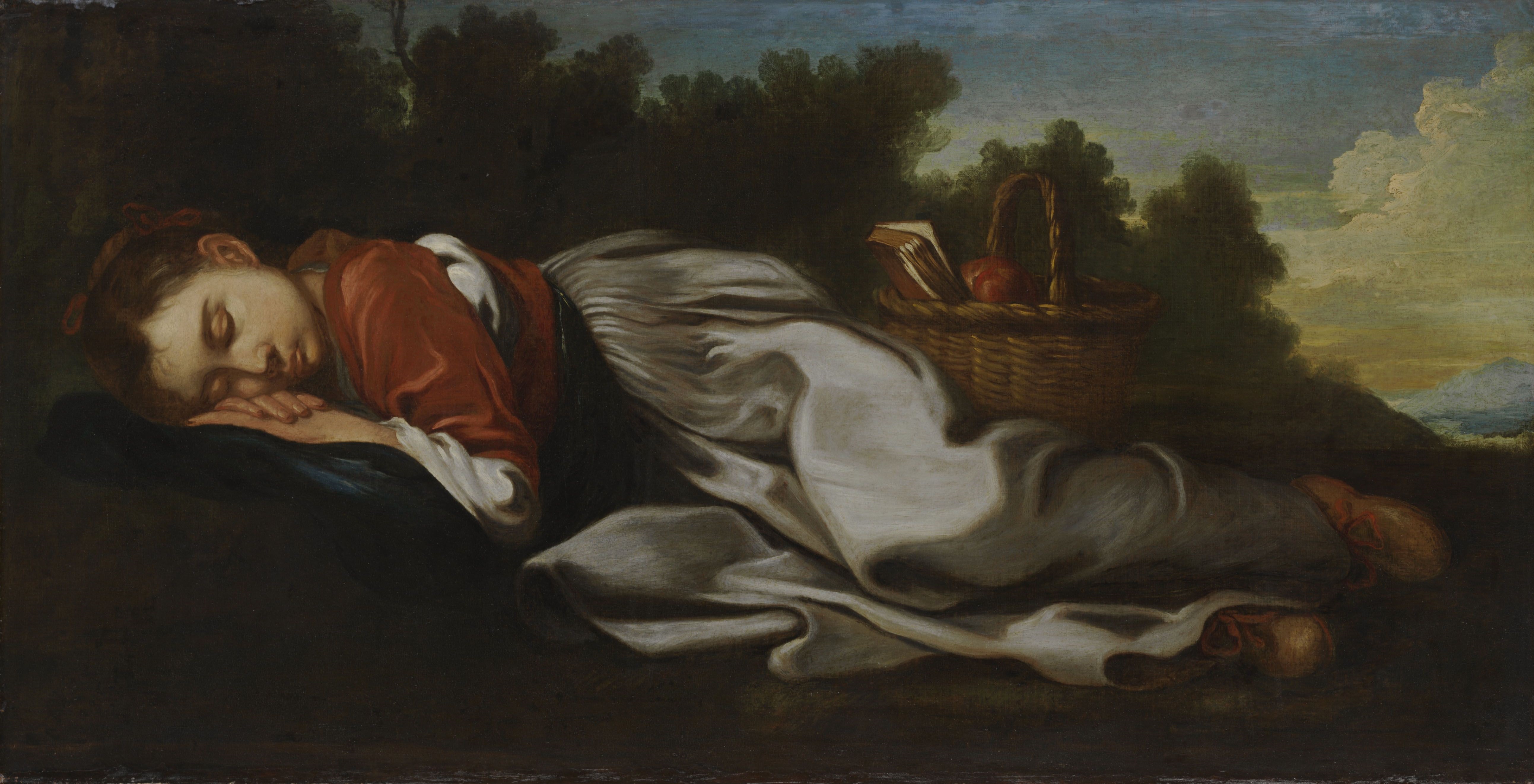
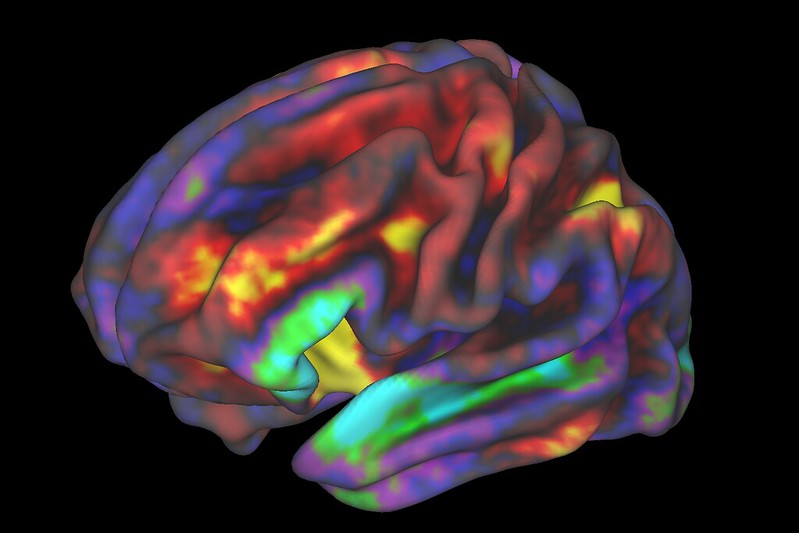

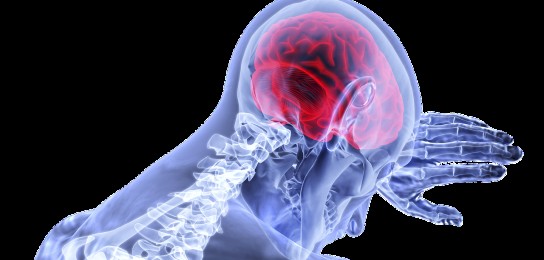




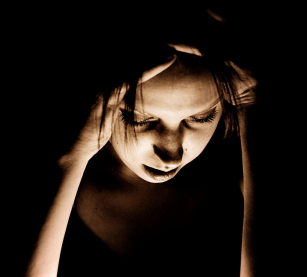
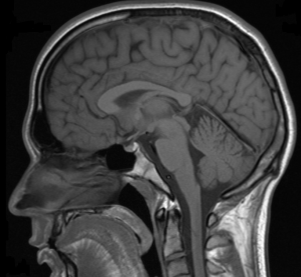
Rate and Review
Rate this article
Review this article
Log into OpenLearn to leave reviews and join in the conversation.
Article reviews